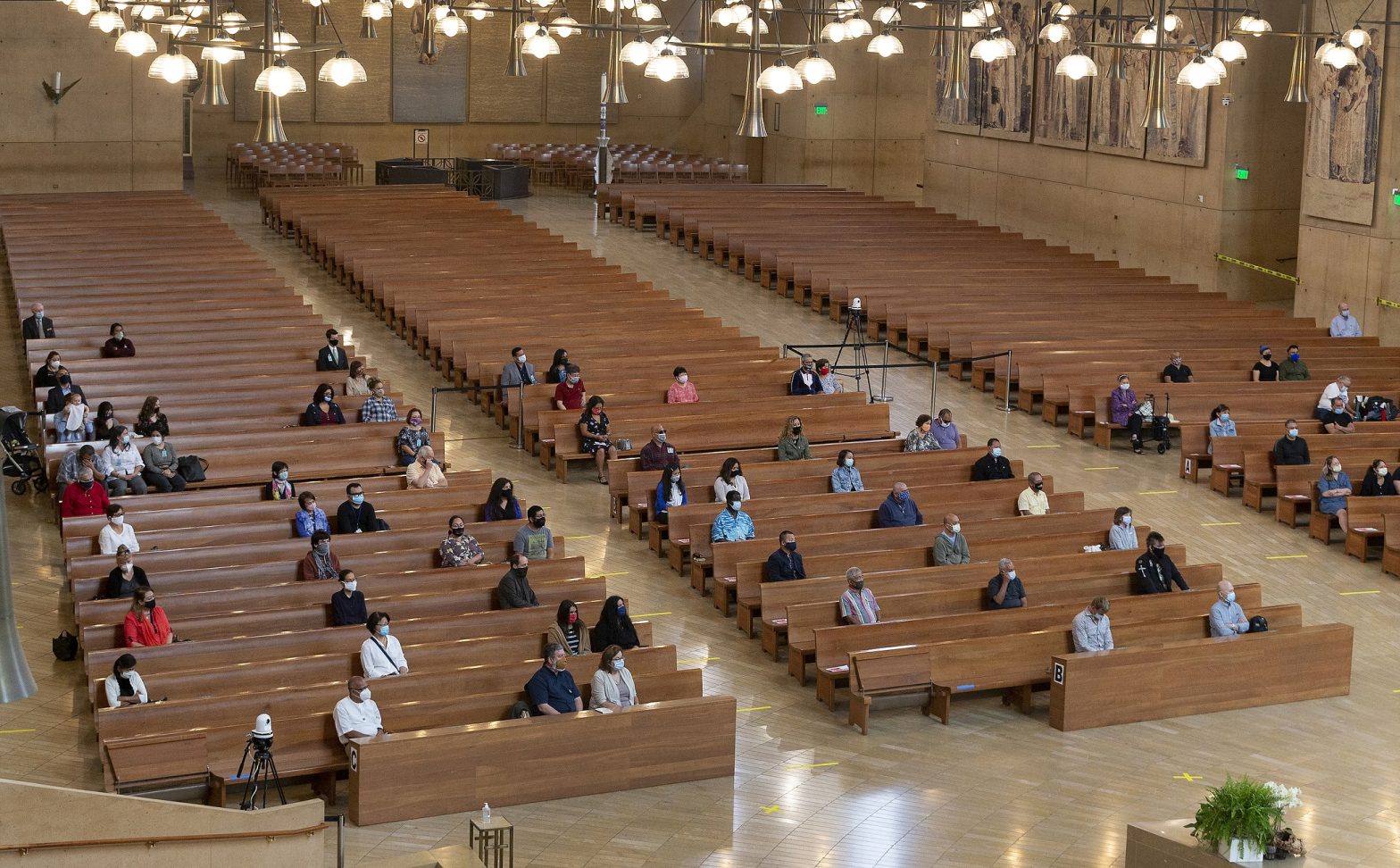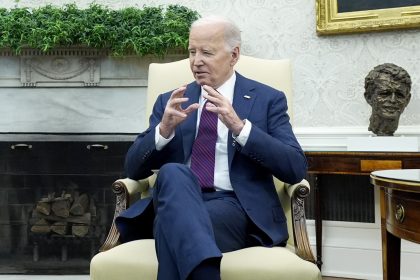Faith-based Approaches Can Overturn Vaccine Hesitancy

A recent survey conducted by the Public Religion Research Institute and Interfaith Youth Core finds that faith-based approaches supporting vaccine uptake can influence members of key hesitant groups to get vaccinated.
Religious leaders can help overturn hesitancy by battling popular assumptions that groups like QAnon have been churning out, such as the government, media and finance sectors are controlled by a group of Satan-worshipping pedophiles.
Faith-based approaches include religious leaders encouraging vaccine acceptance, receiving a vaccine themselves, religious communities holding information forums, religious communities providing vaccine appointment assistance, or a congregation site serving as a vaccination site.
More than one in four, or 26%, of Americans who are hesitant to get a COVID-19 vaccine, and even 8% of those who are resistant to getting a vaccine, report that at least one of the six faith-based approaches supporting vaccinations would make them more likely to get vaccinated.
For vaccine-hesitant white evangelical Protestants, nearly half who attend services say faith-based approaches would make them more likely to get vaccinated, and for Black protestants and Hispanic Americans, that number is nearly one-third.
This is also the case for 24-26% of Republicans and rural Americans.
Protestant Christians, who have higher rates of vaccine hesitancy, and faith-based approach on vaccine uptake might change those outcomes as 70% of Black Protestants and 66% of white evangelical protestants turn to a religious leader for at least a little information about a vaccine.
Notably, three in ten of those who are worried about the safety of vaccines say that faith-based approaches would make them more likely to get vaccinated.
Methodology: The survey was designed and conducted by PRRI and IFYC among a random sample of 5,149 adults (ages 18 and over) living in all 50 states in the United States and who are part of Ipsos’s Knowledge Panel, and an additional 476 who were recruited by Ipsos using opt-in survey panels to increase the sample sizes in smaller states. The full sample is weighted to be representative of the U.S. population. Interviews were conducted online between March 8 and 30, 2021. The margin of error for the national survey is +/- 1.5 percentage points at the 95% level of confidence, including the design effect for the survey of 1.4.

























